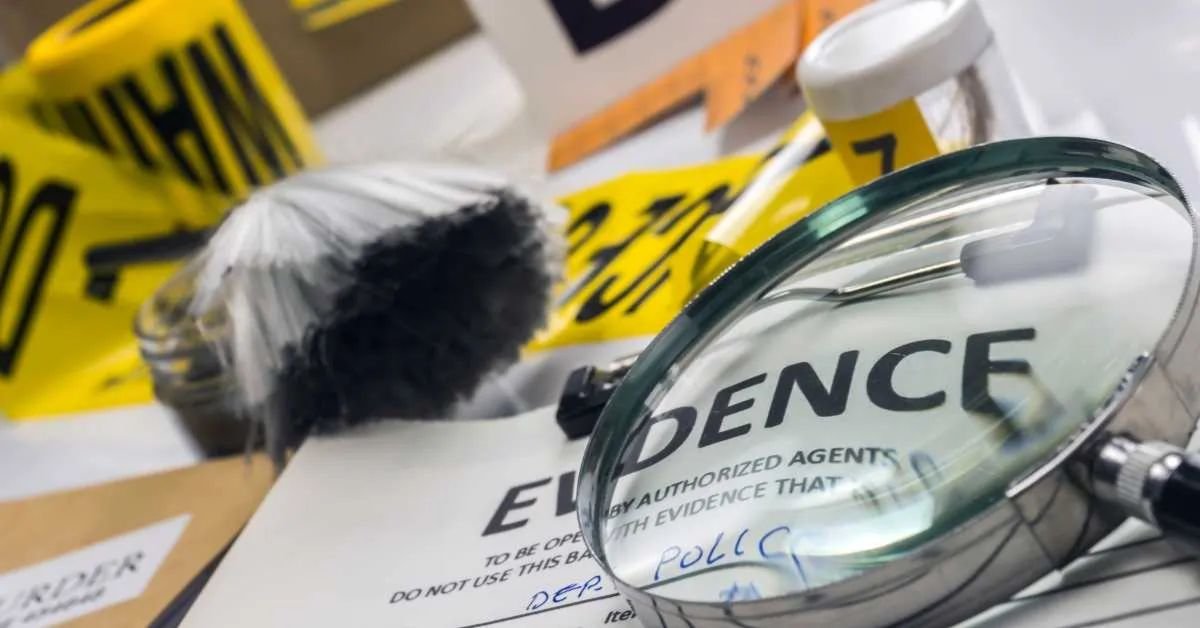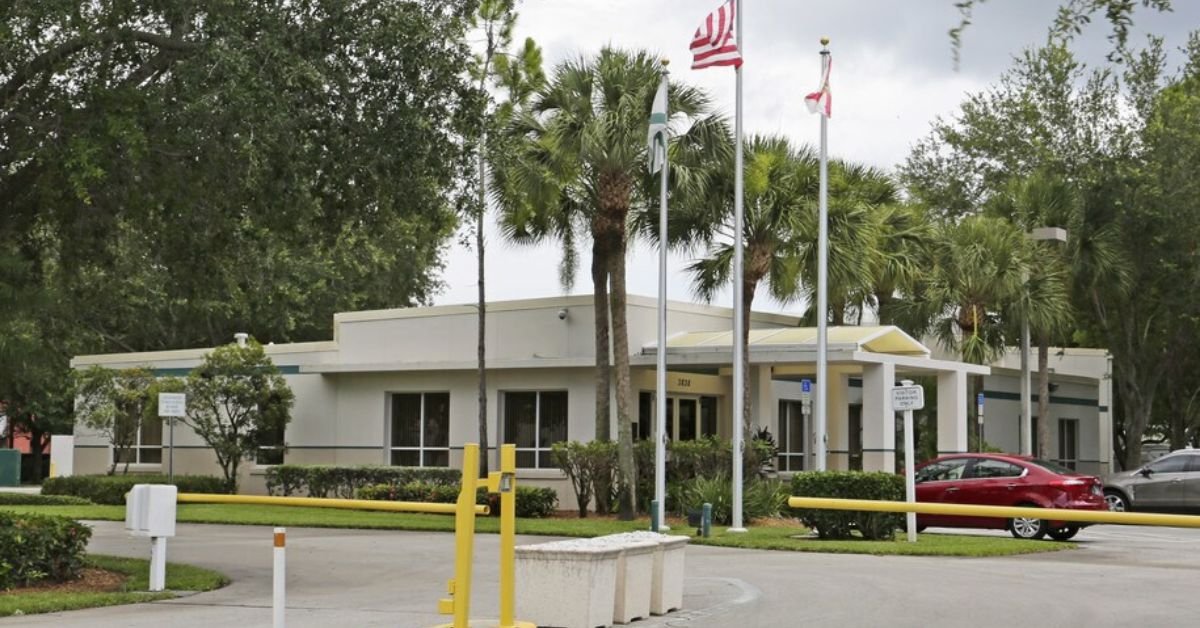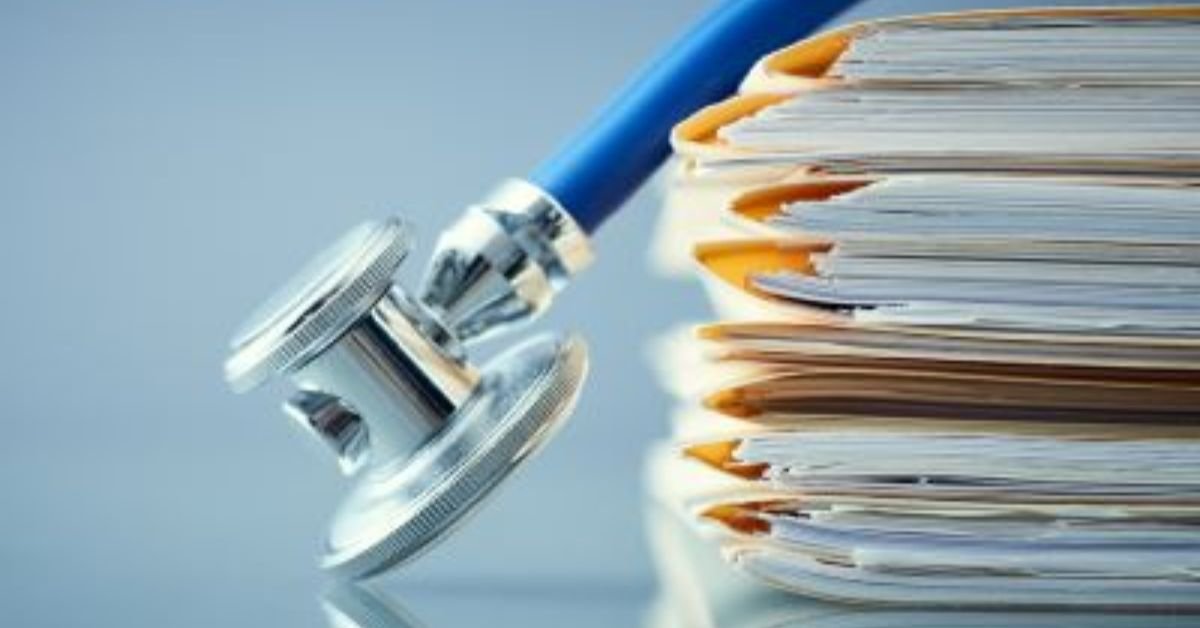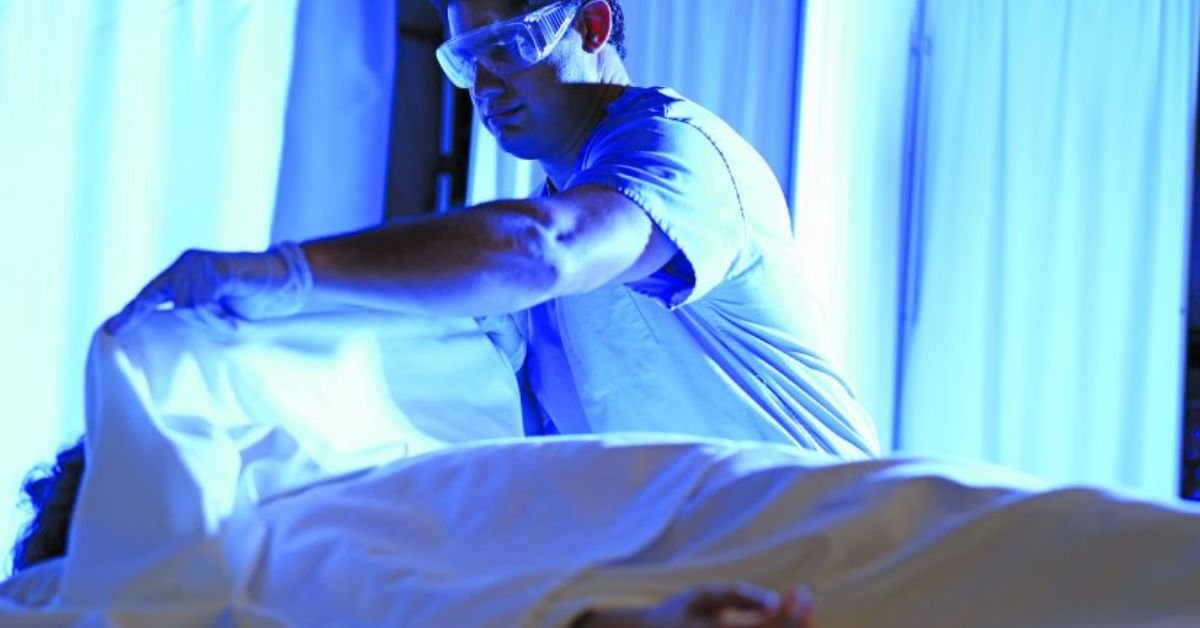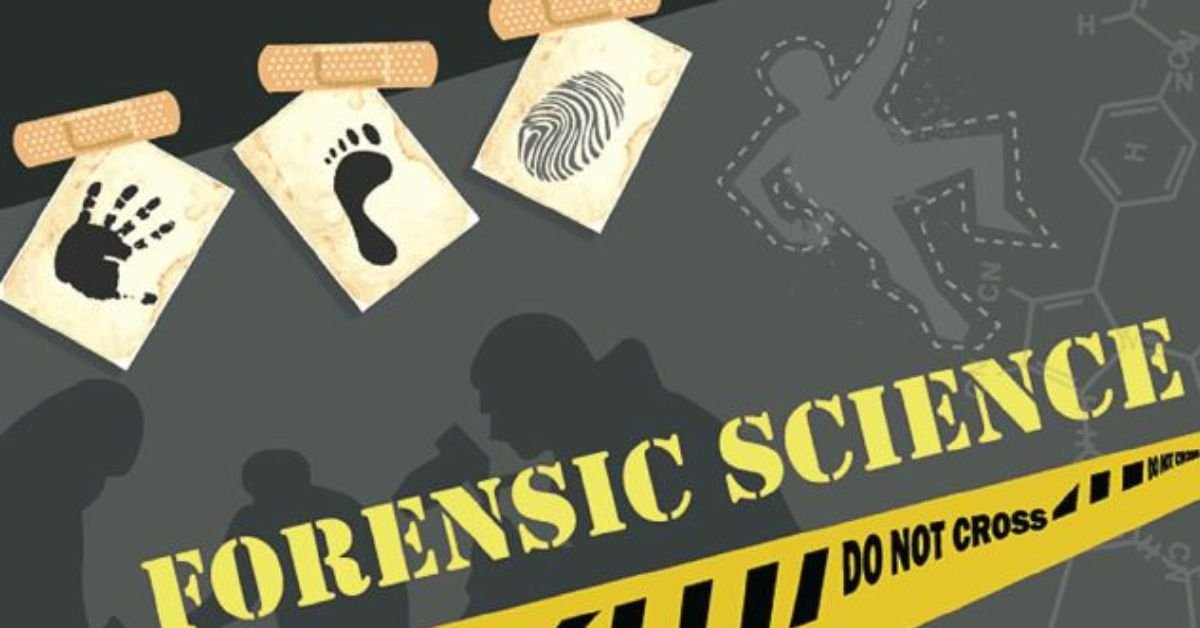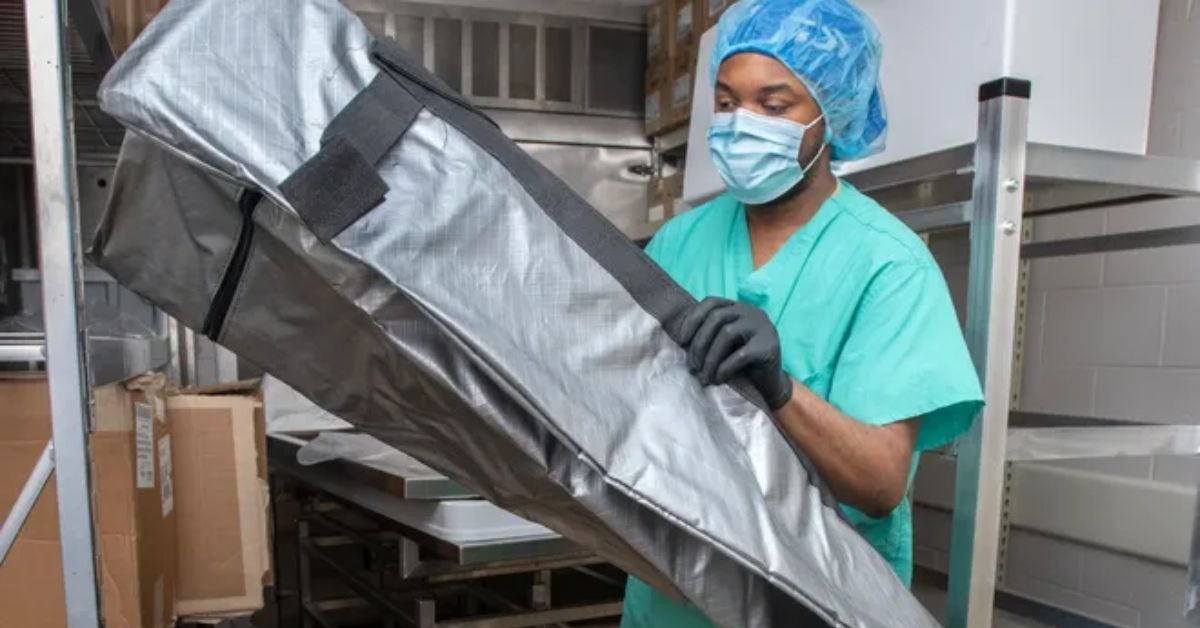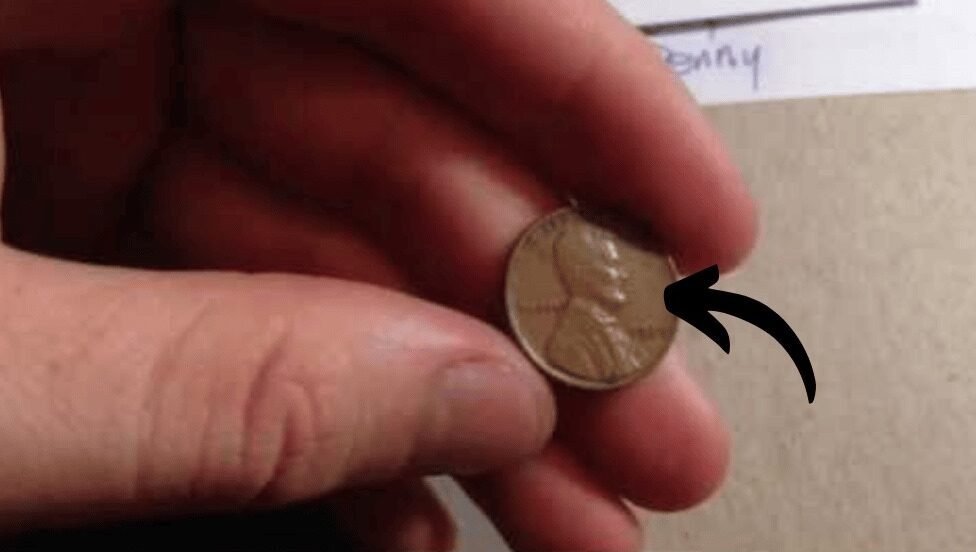In Florida, forensic evidence handling laws are crucial to maintaining the integrity of the criminal justice process. These laws ensure that evidence collected from crime scenes, such as DNA, fingerprints, blood, firearms, and other physical items, is properly handled, preserved, and analyzed. The proper handling of forensic evidence is essential for ensuring that investigations are thorough, trials are fair, and justice is served. Any mishandling of evidence can lead to wrongful convictions, overturned verdicts, or compromised investigations.
This article provides a comprehensive overview of Florida’s forensic evidence handling laws, including key regulations, best practices, and their impact on the state’s legal system.
Overview of Florida Forensic Evidence Handling Laws
Forensic evidence handling laws in Florida are designed to maintain the chain of custody, ensure that evidence is not contaminated, and establish protocols for proper storage, analysis, and disposal of evidence. These laws are guided by both state legislation and policies from various law enforcement agencies, including the Florida Department of Law Enforcement (FDLE) and the Florida Medical Examiners Commission.
The handling of forensic evidence in Florida is governed by several factors:
- Chain of Custody: Documentation of everyone who has come into possession of the evidence from collection to presentation in court.
- Preservation of Evidence: Ensuring that the integrity of evidence is maintained throughout the investigation process.
- Forensic Analysis Standards: Guidelines for the proper analysis of forensic evidence in accredited labs.
- Evidence Disposal: Ensuring that evidence is properly disposed of when it is no longer needed.
Key Laws and Regulations Governing Forensic Evidence Handling in Florida
1. Chain of Custody
One of the most important aspects of forensic evidence handling is the chain of custody. Florida law requires strict documentation of the possession, transfer, and storage of evidence from the time it is collected until it is presented in court. This documentation ensures that the evidence has not been tampered with and that it remains admissible in court.
- Florida Statutes Section 90.202 outlines the admissibility of evidence in court. It emphasizes that evidence must be properly documented to prove that it has not been altered or tampered with in any way. This is crucial for maintaining the integrity of forensic evidence.
- The FDLE maintains strict standards for maintaining chain of custody in its crime labs. Each piece of evidence must be recorded in detail, with clear identification of the person responsible for the evidence at each stage of its handling.
2. Standards for Evidence Preservation
In Florida, forensic evidence must be properly preserved to prevent contamination or degradation, especially in cases involving DNA or biological evidence. The Florida Department of Law Enforcement (FDLE) sets out guidelines for evidence preservation, including specific protocols for different types of evidence, such as blood samples, fingerprints, and firearms.
- Florida Statutes Section 943.325 provides that forensic laboratories must maintain proper storage conditions for evidence. This statute includes guidance on the proper handling of DNA samples and other biological materials, ensuring that they are stored under the right conditions (e.g., refrigeration for biological samples) to prevent degradation.
- Evidence must be stored in secure, tamper-proof containers and locked storage areas to prevent unauthorized access. Laboratories that handle forensic evidence are required to have policies and procedures in place to ensure proper preservation, handling, and security of evidence.
3. Forensic Analysis and Accreditation
Florida requires that forensic labs handling forensic evidence must be accredited by recognized accrediting bodies such as the American National Standards Institute (ANSI) or Forensic Quality Services. This ensures that labs adhere to established quality standards and ethical practices when analyzing forensic evidence.
- Florida Statutes Section 943.325 mandates that laboratories conducting forensic analysis must adhere to standards of practice that are in line with national best practices. This ensures that the analysis of forensic evidence is reliable, scientifically sound, and meets the standards necessary for use in criminal cases.
- Laboratories are regularly inspected and must pass audits to maintain accreditation. These standards apply to a wide range of forensic disciplines, including toxicology, DNA analysis, firearms examination, and ballistics.
4. Preservation of Biological Evidence for Post-Conviction Review
In Florida, individuals convicted of crimes have the right to request the preservation of biological evidence for post-conviction review. This allows convicted individuals to challenge their convictions with new evidence, particularly DNA evidence, that may exonerate them.
- Florida Statutes Section 925.11 ensures that biological evidence (such as DNA or blood samples) is preserved for potential post-conviction testing. The law mandates that evidence must be preserved for as long as necessary to allow for future testing if new methods or technologies become available that could prove the individual’s innocence.
- The FDLE is tasked with maintaining a central database for biological evidence, which ensures that such evidence is properly stored and accessible for post-conviction reviews.
5. Handling of Firearms and Firearm Evidence
Firearms and other weapon-related evidence require specific handling procedures under Florida law. The proper handling of firearms is critical to prevent contamination and ensure that forensic ballistic analysis can be accurately conducted.
- Florida Statutes Section 790.001 outlines the procedures for handling firearms as evidence. When a firearm is collected as evidence, it must be properly documented, unloaded, and stored in a secure facility to prevent mishandling or accidental discharge.
- Ballistics analysis conducted by the FDLE plays a key role in linking firearms to crimes. Evidence such as bullet casings, projectiles, and gunpowder residue must be handled with care to maintain their integrity for future analysis.
6. Evidence Disposal
Florida law dictates that when forensic evidence is no longer required for investigative or legal purposes, it must be properly disposed of. Evidence that is not needed for future proceedings or review must be destroyed following specific guidelines set forth by law enforcement agencies.
- Florida Statutes Section 943.325 also covers the proper disposal of evidence. Forensic evidence that is no longer needed should be disposed of in a way that ensures it cannot be re-used or tampered with. This includes the destruction of biological evidence after the prescribed retention period has expired.
Best Practices for Forensic Evidence Handling in Florida
In addition to the statutory requirements, law enforcement agencies and forensic labs in Florida adhere to best practices for handling forensic evidence. These practices are designed to minimize the risk of contamination or mishandling, ensure accurate analysis, and protect the integrity of the investigation. Best practices include:
- Proper training for personnel: All personnel involved in the collection, handling, and analysis of forensic evidence must undergo proper training to follow established protocols.
- Secure evidence storage: Evidence must be stored in secure, designated areas with restricted access.
- Documentation and tracking: Every action involving evidence, from collection to analysis, must be meticulously documented and tracked.
Conclusion
Florida’s forensic evidence handling laws play a crucial role in ensuring that the state’s criminal justice system operates fairly and effectively. By maintaining the integrity of evidence, ensuring proper preservation, and establishing clear standards for forensic analysis, these laws help prevent wrongful convictions and ensure that justice is served. Strict adherence to these laws and regulations, combined with the proper training of personnel and continuous improvements in forensic science, ensures that Florida remains committed to upholding the highest standards of evidence handling.
References
- Florida Statutes Section 90.202 – Admissibility of Evidence in Court: https://www.leg.state.fl.us
- Florida Statutes Section 943.325 – Forensic Laboratories and Evidence Handling: https://www.leg.state.fl.us
- FDLE Crime Laboratory – Forensic Evidence Handling Guidelines: https://www.fdle.state.fl.us
